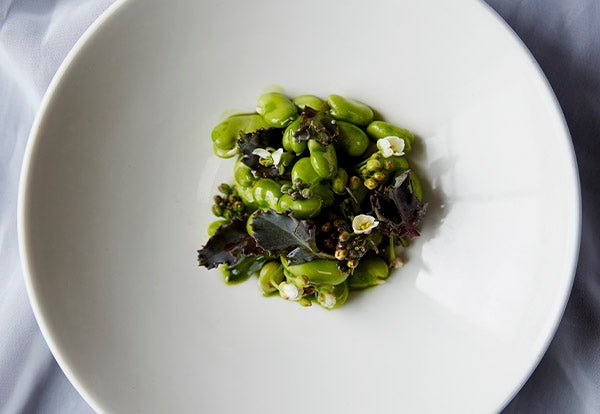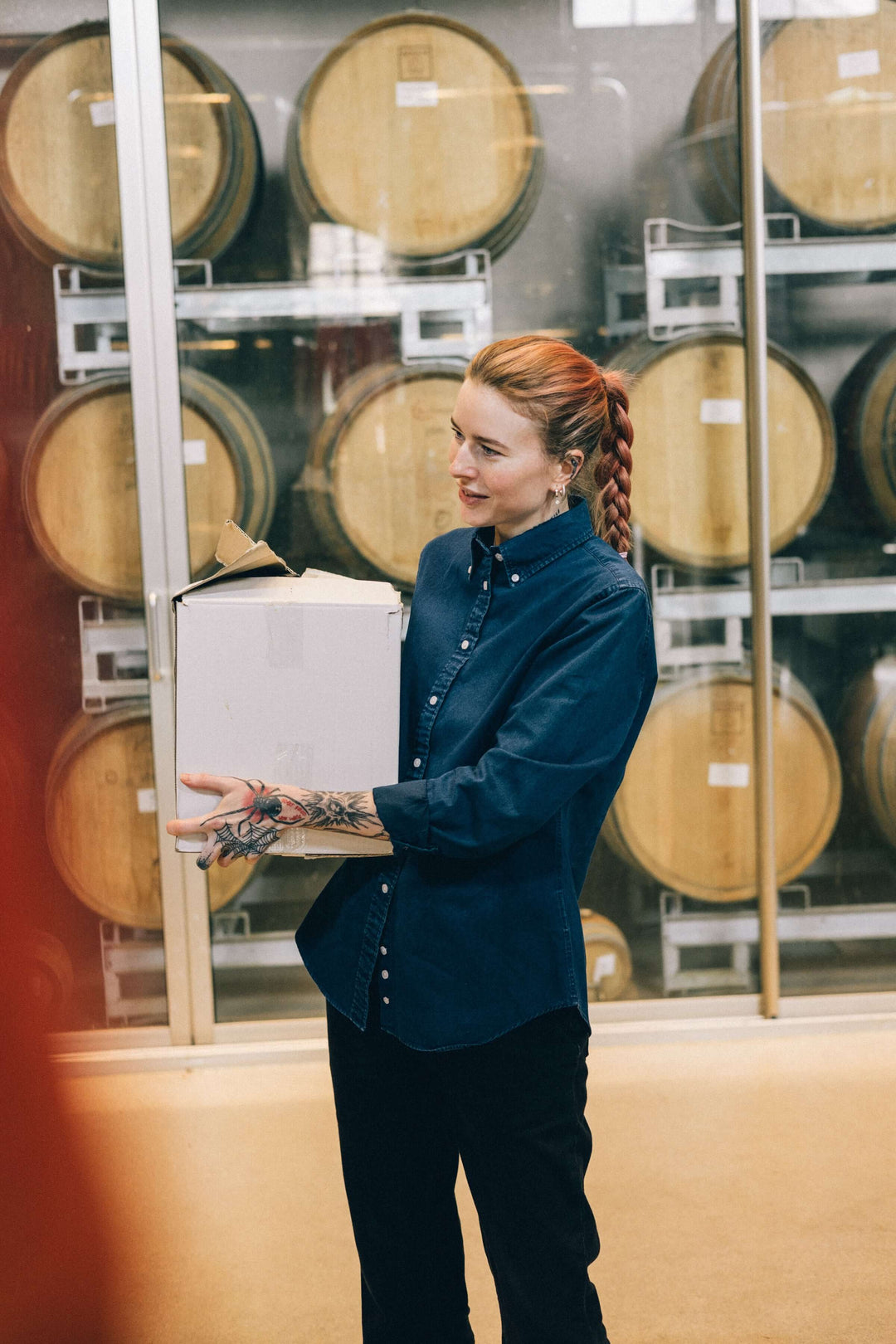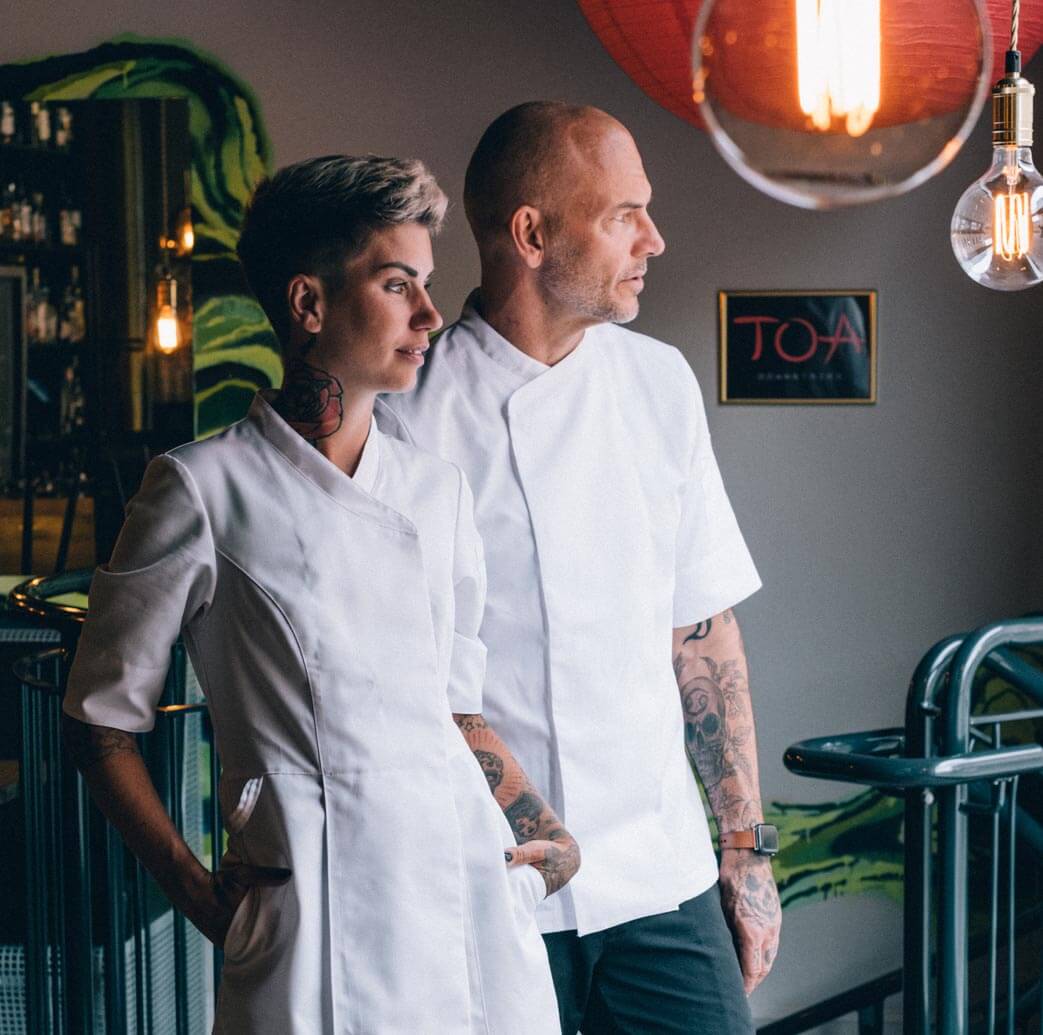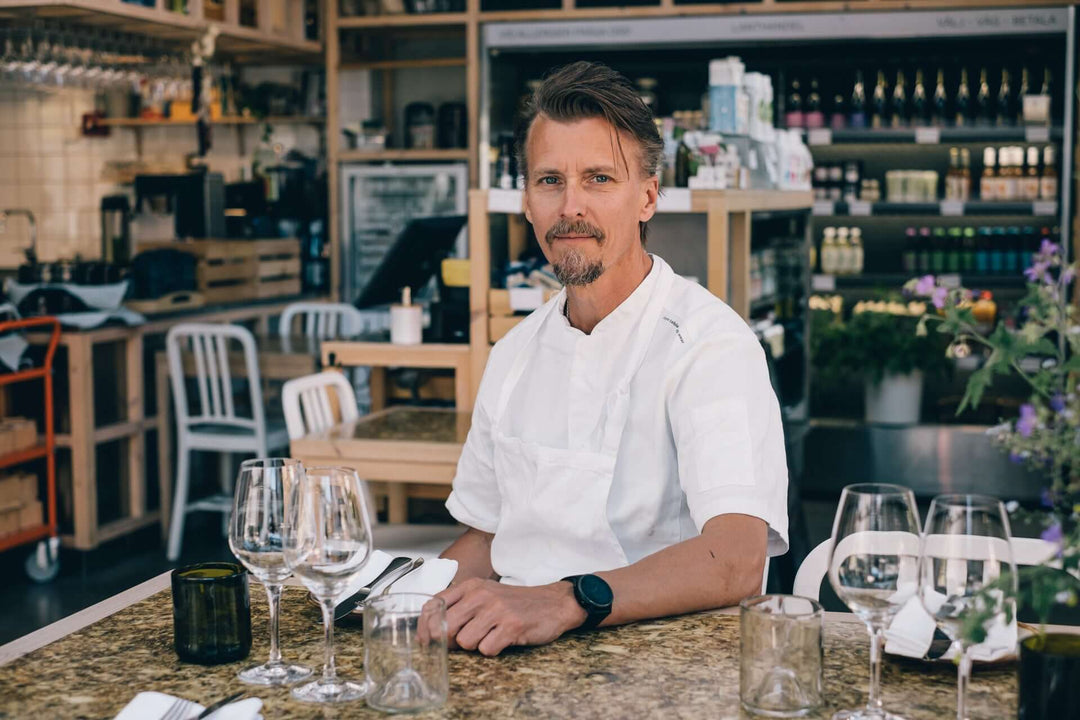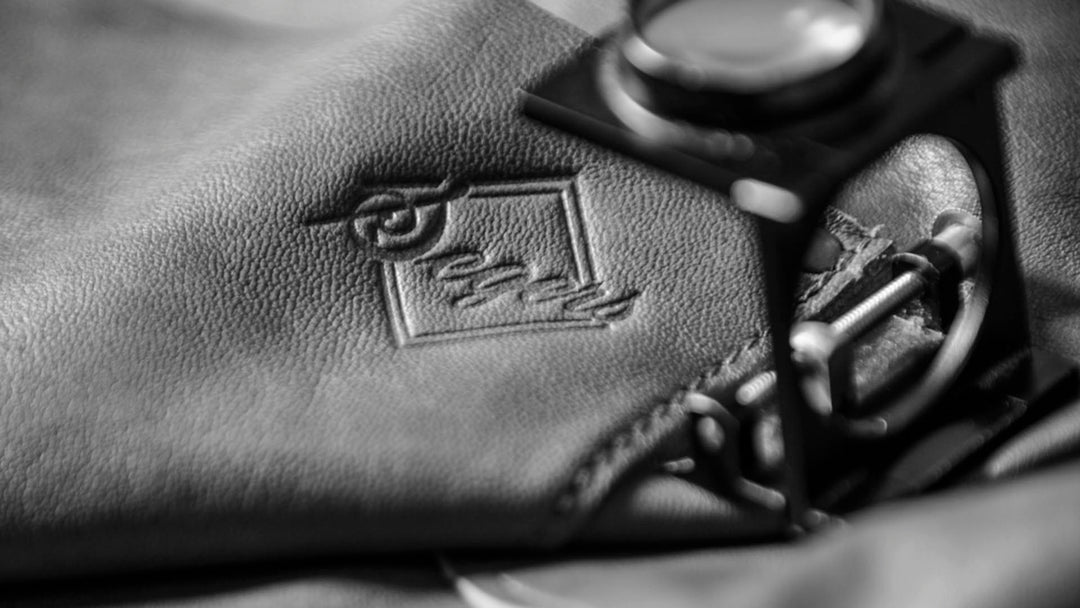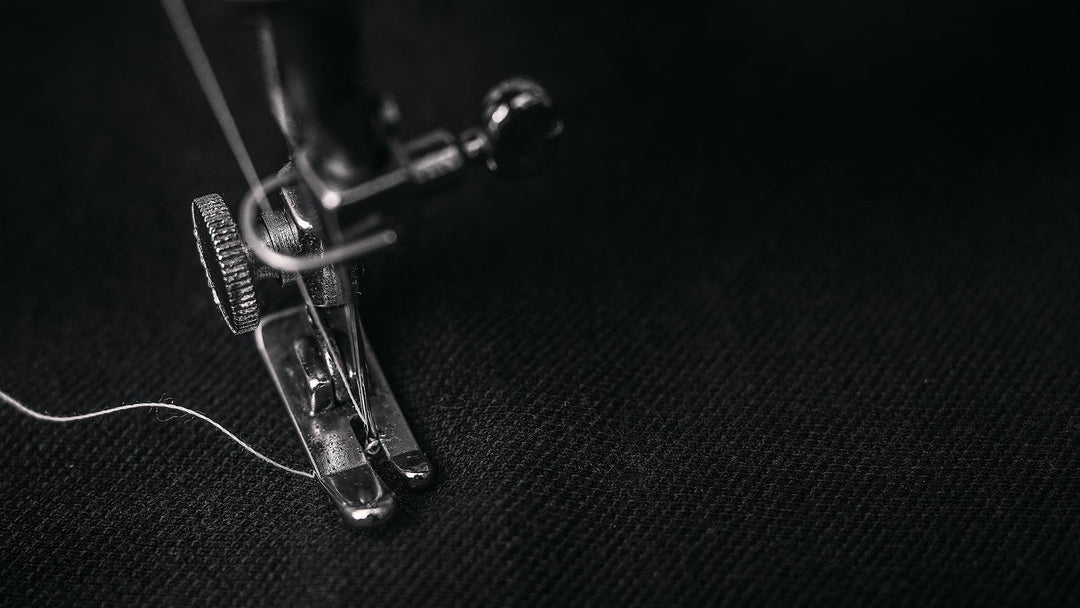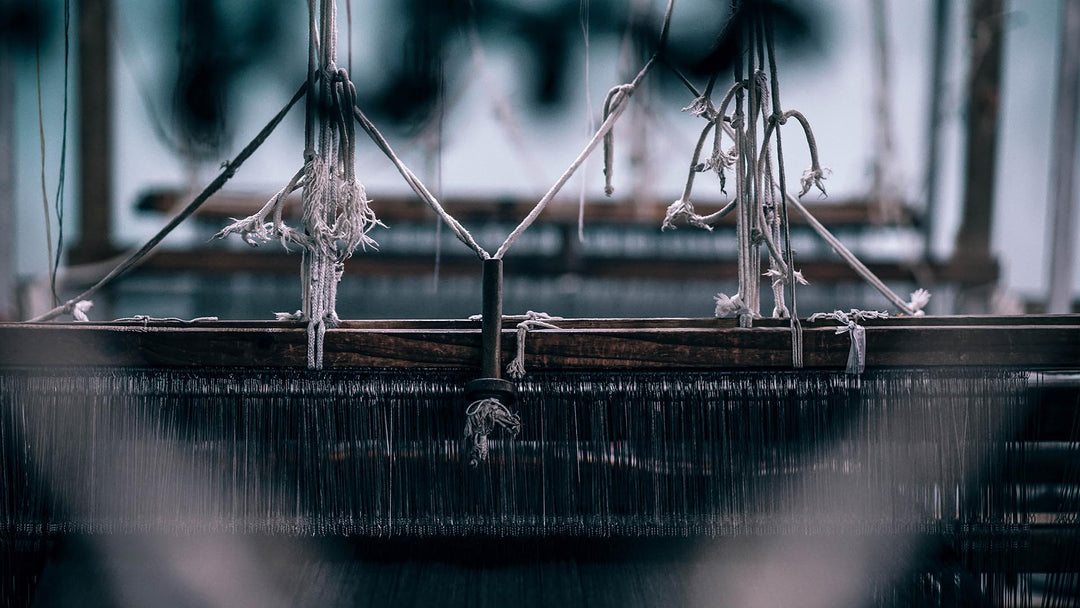"Waste is a result of lacking imagination," says Douglas McMaster, who with his passionate commitment has drawn the world's attention to himself. With experience from star restaurants like Noma, The Fat Duck, and St. John under his belt, he started the world's only waste-free restaurant, Silo. With the restaurant, he challenges the global food industry and shows that a sustainable business can also be profitable.
You are one of the world's leading figures in zero waste. How did it start?
After working at many restaurants, I realized that something needed to be done to reduce the amount of food thrown away in favor of fine dining. That insight resulted in a concept that became the pop-up shop Wasted in Sydney. It was such a success that I moved back to London to open a restaurant focused on serving good food without producing any waste. The restaurant was named Silo.
What drives you?
I am motivated by consistently preparing good food without generating waste. At Silo, our philosophy is sustainability and trying to raise the bar when it comes to "up-cycling" and zero waste. I really want to help tackle this food industrialization that has a huge impact on the environment, our economy, and our resources.
How do you do it?
For us, it was important to create a solid ecosystem within the restaurant that fosters creativity and eliminates the risk of waste. Using the whole ingredient is a given, and the food waste the restaurant generates we put into our super compost, Berta. "Everyone said it would fail within six months. But during the years we have been operating, we have been named the UK's most ethical restaurant and one of the UK's 100 best, as well as received recognition in the Michelin guide." Every day she turns up to 60 kilos of food waste into compost. We are constantly trying to push the boundaries of what is possible and look at the whole picture. At Silo, everything from our restaurant furniture to inventory is made with materials that would otherwise have gone to waste; for example, our porcelain is made from ground wine bottles.

At Silo, our philosophy is sustainability and trying to raise the bar when it comes to 'up-cycling' and zero waste.
It feels like you have thought of everything. How do you get new ideas?
When it comes to new dishes, I have experimented a lot. The artist Joost Bakker was known for turning waste materials into art, and that really inspired me. But sometimes I perhaps took it a bit too far by having dishes that were a little too abstract. For example, we served raw jellyfish which have potential, but it doesn't taste fantastic. You live and you learn.
So which dish are you most proud to have served?
I am proud of many dishes we have served, but one I am particularly proud of is the broccoli and seaweed dish. In it, we deconstruct broccoli with surgical precision before composing the different parts according to what they are best suited for. The tips are removed and served raw; from the soft branches under the tips, we make a purée together with the peel from the stem. The soft stem is steamed and served with the thick purée, heavily seasoned with garlic confit topped with the raw broccoli tips. Finally, we pour on a corn and seaweed dashi flavored with homemade miso. It is a dish with just a few tiny ingredients, which without animal products becomes both deep and complex in flavors – and so delicious. It is a good example of a holistic dish that maximizes our resources: in terms of carbon footprint and sustainability, that bowl is as good as it gets.
When you look at what you have created, what do you think?
First and foremost, that I have been able to run the restaurant for so long. Everyone said it would fail within six months. But during the years we have been operating, we have been named the UK's most ethical restaurant and one of the UK's 100 best, as well as received recognition in the Michelin guide. At the same time, the idea of zero waste has exploded globally in recent years. I want to believe that we have had a small role in this, and I am really proud of that.


